As Executive Director of the Conservation Alliance and someone that has specialized in seafood traceability, I was encouraged to see several new traceability efforts being launched by members of the Alliance Global Hub community and the sustainable seafood movement in February!
The statement by precompetitive collaborations, representing over 150 companies, calling for improved traceability and port state measures is a big step in the right direction.
One major challenge in achieving transparent and responsible supply chains is the lack of a common architecture or framework that would allow systems to seamlessly exchange information, referred to as interoperability. A second challenge has been the lack of standardized key data elements for traceability. The commitment to endorse the Global Dialogue for Seafood Traceability (GDST) Standards and Guidelines (V 1.0) is an excellent step toward addressing both of these issues. The GDST Standard calls for two fundamental requirements for seafood traceability systems: 1) capture all GDST key data elements, and 2) the digital transfer for data in the GDST EPCIS format.
The Conservation Alliance agrees that governments have an important role to play, and that more communication between markets and governments will allow work to happen more quickly and efficiently. In fact, aligning economic incentives and policy reform efforts is a major component of our 2020-2024 Strategic Plan.
Ratification and implementation of the Port State Measures Agreement (PSMA), use of the FAO Global Record of Fishing Vessels, and Regional Fisheries Management Organizations’ adoption of port state measures will help to ensure that governments are taking action and collecting information that can be used by markets and supply chains in their risk-based due diligence efforts.
Congrats to the Global Tuna Alliance, Global Dialogue on Seafood Traceability, International Seafood Sustainability Foundation, SeaBOS, and Global Sustainable Seafood Initiative and their members for this important commitment! To learn more, check out this profile on the World Economic Forum website and this excellent article by Ned Daly at Seafood Source.
Soon after this announcement, the Seafood Alliance for Legality and Traceability (SALT) launched new traceability principles.
These principles were designed to improve seafood transparency in order to address ecological, social and economic risks in supply chains and work toward seafood sustainability. These principles are a deeper dive on how to initiate, design, and implement a comprehensive electronic catch documentation and traceability (eCDT) system in order to achieve six principles:
- Maximize ecological, social and economic benefits
- Use data to inform decision-making
- Create a program that is electronic, interoperable, and data-secure
- Be inclusive and collaborative with stakeholders
- Build a lasting and scalable program
- Address data and verification needs across fisheries and supply chains
If companies and governments thoughtfully design and implement traceability systems that meet the GDST Standards and Guidelines and SALT principles, it would rapidly improve the amount and quality of seafood data and highlight areas of risk through verification efforts. Voluntary commitments can be game-changers when they are time bound and accompanied by regular public reporting on progress. I’d encourage those working towards these standards and principles to share their efforts while they are underway.
Lastly, at the end of March marked the launch of the 2025 Pledge towards Sustainable Tuna. This pledge builds on the Tuna 2020 Traceability Declaration and is organized by the Global Tuna Alliance, Friends of Ocean Action, and the World Economic Forum around this refreshed commitment.
Their ambition is that “tuna, globally, meets the highest standards of environmental performance and social responsibility; in particular through demonstrable improvements in supply chain practices and the management of tuna fisheries by 2025”.
This new and enterprising tuna commitment has the potential to greatly improve the traceability and transparency, environmental sustainability, and social responsibility of global tuna stocks if it is implemented by enough companies and governments, via aligned approaches.
I’m especially excited to see that the Global Tuna Alliance will produce an annual progress report on the goals of the 25PST and make this report publicly available, as we know disclosure, transparency and accountability are critical to impactful commitments.
It has been a great start to the year with ambitious commitments being made, and I look forward to supporting these efforts along with the Alliance Global Hub community via our strategies for collective action.
